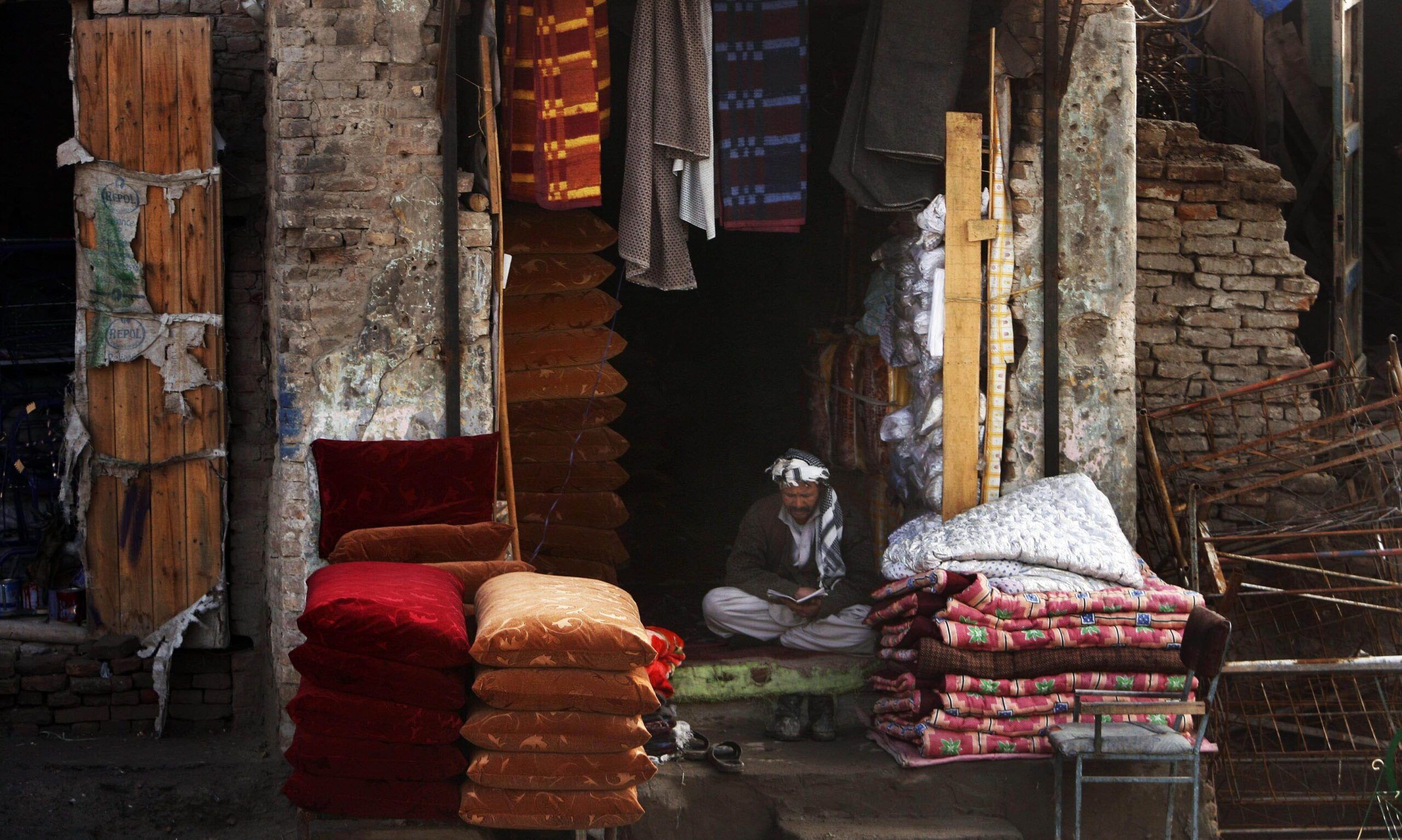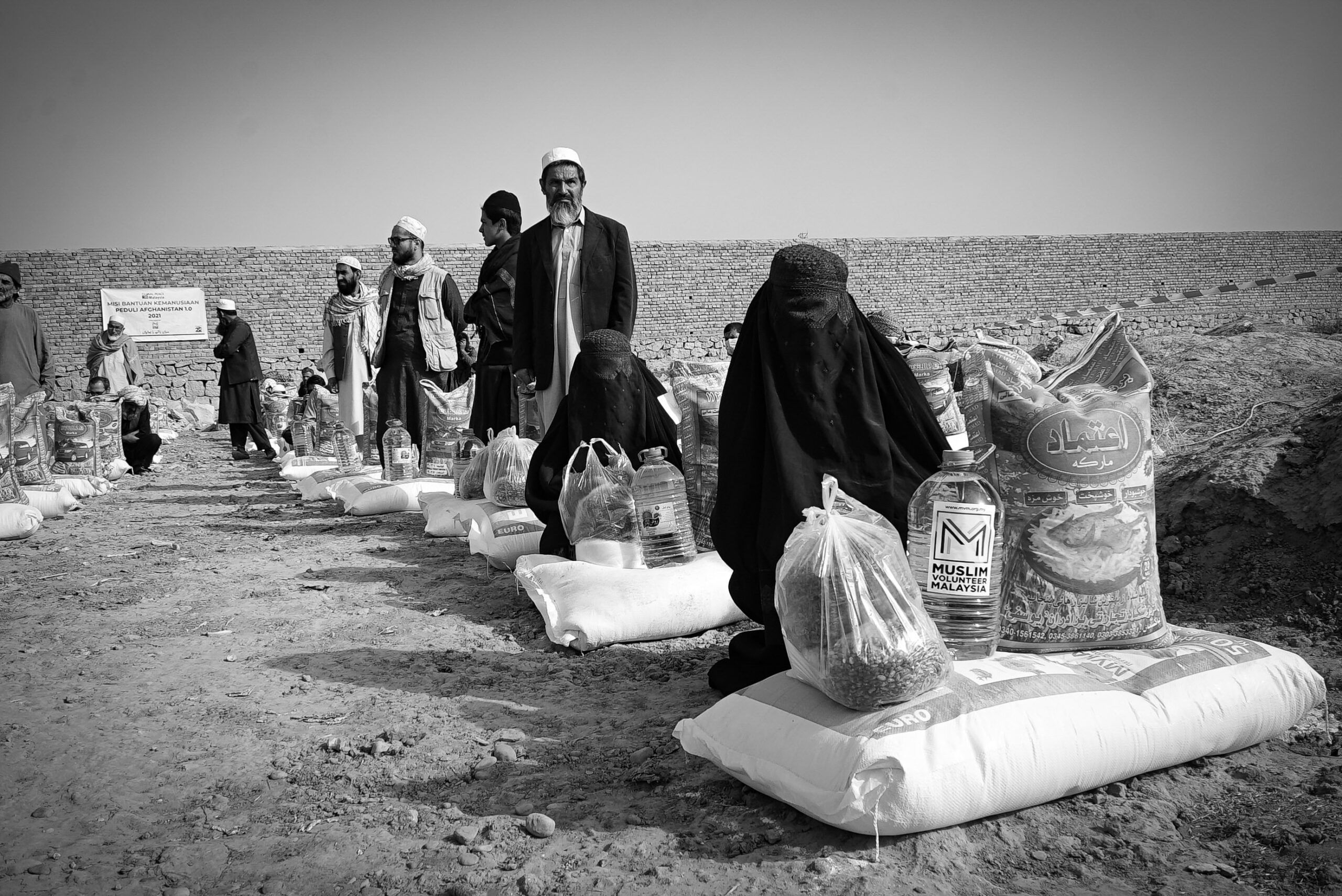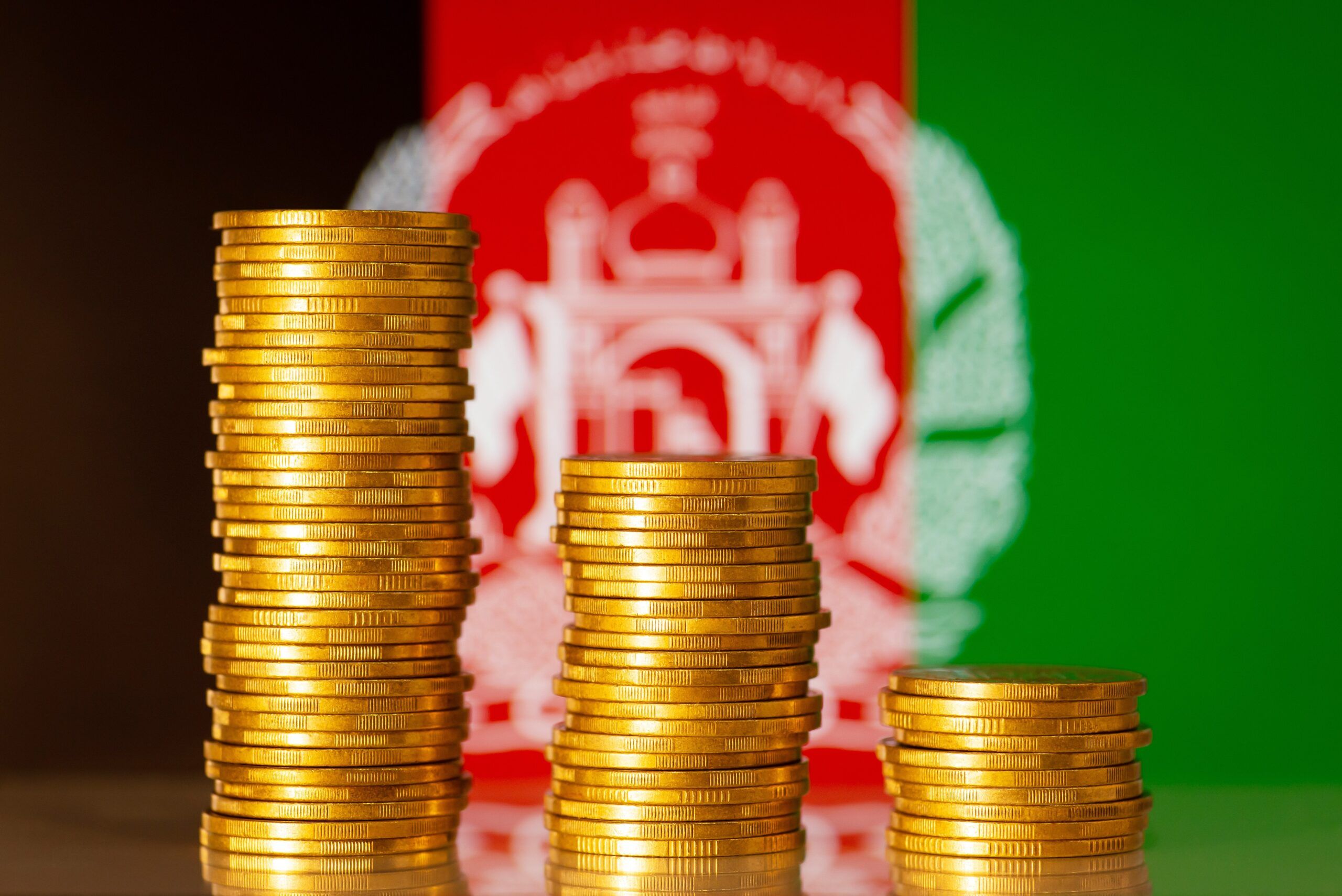
Array
(
[thumbnail] => https://s42831.pcdn.co/wp-content/uploads/2022/12/piqsels.com-id-fueeb-150x150.jpg.optimal.jpg
[thumbnail-width] => 150
[thumbnail-height] => 150
[medium] => https://s42831.pcdn.co/wp-content/uploads/2022/12/piqsels.com-id-fueeb-300x180.jpg.optimal.jpg
[medium-width] => 300
[medium-height] => 180
[medium_large] => https://s42831.pcdn.co/wp-content/uploads/2022/12/piqsels.com-id-fueeb-768x460.jpg.optimal.jpg
[medium_large-width] => 768
[medium_large-height] => 460
[large] => https://s42831.pcdn.co/wp-content/uploads/2022/12/piqsels.com-id-fueeb-1024x614.jpg.optimal.jpg
[large-width] => 1024
[large-height] => 614
[1536x1536] => https://s42831.pcdn.co/wp-content/uploads/2022/12/piqsels.com-id-fueeb-1536x920.jpg.optimal.jpg
[1536x1536-width] => 1536
[1536x1536-height] => 920
[2048x2048] => https://s42831.pcdn.co/wp-content/uploads/2022/12/piqsels.com-id-fueeb-2048x1227.jpg.optimal.jpg
[2048x2048-width] => 2048
[2048x2048-height] => 1227
[gform-image-choice-sm] => https://s42831.pcdn.co/wp-content/uploads/2022/12/piqsels.com-id-fueeb-scaled.jpg.optimal.jpg
[gform-image-choice-sm-width] => 300
[gform-image-choice-sm-height] => 180
[gform-image-choice-md] => https://s42831.pcdn.co/wp-content/uploads/2022/12/piqsels.com-id-fueeb-scaled.jpg.optimal.jpg
[gform-image-choice-md-width] => 400
[gform-image-choice-md-height] => 240
[gform-image-choice-lg] => https://s42831.pcdn.co/wp-content/uploads/2022/12/piqsels.com-id-fueeb-scaled.jpg.optimal.jpg
[gform-image-choice-lg-width] => 600
[gform-image-choice-lg-height] => 360
)
The Business Case for a Broad-Based, Inclusive, and Rules-Based Taliban Government
Until recently, improvements in physical security and a reduction in corruption since the Taliban takeover of Afghanistan offered opportunities to the country, but actions are needed by both the international community and the interim Taliban administration to avoid realizing the current dire outlook predicted by two recent World Bank reports.
The reports on the Afghan economy and its private sector suggest the depth of the complex and inter-related political, humanitarian, financial, and economic crises into which the country has fallen since August 2021, when the Taliban overthrew the Afghan Republic. Many of the gains of the last twenty years have already been lost, and 70 percent of households now lack income to meet basic needs. In the private sector, at least one-third of surveyed firms have ceased operations since August 2021, and there has been a nearly 50 percent reduction in overall employment; the hardest hit are smaller and women-owned businesses, and women have been disproportionately affected by job losses.
The combination of the Taliban takeover and the international community effectively cutting off access to the global banking system and withdrawing aid funding equivalent to 40 percent of GDP on top of an ongoing drought, global pandemic, and already struggling economy would have been a historical catastrophe, but it has been further exacerbated by the standoff between the Taliban and the West in the wake of the defeat of the US-backed government and the Taliban’s (re)imposing harsh and regressive social policies.
Since last August, the US and its Western allies have been trying to walk a fine line: providing humanitarian and economic assistance to minimize suffering (and avoid moral and political culpability thereof), while not being seen to endorse or legitimize the Taliban unless and until they agree to abide by certain bedrock international norms. On the one hand, there has been intense pressure on the US from Afghans and international activists to relieve the effects of sanctions and isolation. At the same time, there has also been pressure to avoid even the appearance of legitimizing what is being called the “de facto administration.”
The result was initially a slowly (some critics would say “leisurely”) unfolding set of humanitarian assistance-only activities, although in recent months they have ramped up and helped to avoid the direst outcomes predicted for the winter. UN agencies and NGOs have developed workarounds for service delivery, especially in health and food security, and for paying some government health workers’ and teachers’ salaries. The UN and the World Bank have also developed mechanisms for bringing physical cash into the country to try to ease a severe liquidity crisis. The US Treasury Department has attempted to facilitate humanitarian assistance and encourage economic activity by exempting Afghanistan-related international financial transactions from US sanctions originally imposed on the Taliban movement following the 9/11 attacks.
For their part, the Taliban have provided assurances that UN agencies and NGOs are free to provide humanitarian assistance without interference, and have claimed to be pursuing a market economy centered on trade, extractives, and agriculture. Notably, they have claimed, somewhat persuasively, to have improved revenue collection at customs posts and to have reduced the administrative corruption that hamstrung the private sector and the citizenry under the former Afghan Republic.
Stalled progress
In recent weeks, however, what had appeared to be at least a modicum of mutual progress has stalled. The Taliban’s last-minute decision on March 23 to reverse the closely tracked promise to allow all girls to attend school at the start of the year was the most significant event, but there has also been a series of decisions, some by the notorious Ministry for the Promotion of Virtue and Prevention of Vice (re-established in the compound of the now-disbanded Ministry of Women’s Affairs), further restricting the activities and mobility of women and girls. Meanwhile, unlawful abductions and detentions, revenge killings of former government security officials despite an announced amnesty, and a crackdown on independent media all continue.
In response, the US seems to have hardened its position, most clearly evidenced by the cancelation, in the wake of the school decision, of US envoy Thomas West’s planned meeting with Taliban officials in Doha to discuss aid and other technical issues. The World Bank and other donors followed suit, indefinitely suspending planned support to education and other sectors. To be sure, there continues to be private exasperation among Western officials who by all accounts have strenuously advocated for greater engagement. But whereas there was previously somewhat of a cautious “wait and see” attitude, recent Taliban policies seem to have ended that, at least for now.
As inadequate as Western efforts might have been (the refusal to return the private money being held in Da Afghanistan Bank’s foreign exchange reserves in the US stands out), the US and its allies have tried to meet the Taliban part-way. This is despite the current treacherous politics (e.g., in the US, the fear of appearing too favorable to the Taliban as the 2022 elections approach) and the fact that Taliban senior leadership—which includes internationally sanctioned individuals—has imposed policies considered unacceptable by the international community. The Taliban have not shown that they are willing and/or able to deliver the type of governance that would build the confidence needed to revive the Afghan economy and, in addition, show the world that they are willing to uphold international norms.
The reneging on girls’ school attendance and backtracking on other social issues has been attributed to internal conflicts between the organization’s traditional, reclusive leadership in Kandahar and its more modern, visible members in Kabul. As one foreign diplomat put it confidentially: with its preoccupation with martyrdom, one could say that the Kandahar leadership was more focused on the dead and the Kabul one on the living. Regardless, while the economy should be a relatively non-controversial area of agreement between the Taliban and the international community, it is now tied up in social and political issues. The Taliban are unlikely to make sufficient concessions for the West to feel comfortable providing substantial assistance or diplomatic recognition, and the “totemic” status that girls’ education has attained, and the global public spotlight trained on negotiations over education, makes such concessions that much more difficult. That the discussion is couched in terms of “concessions” in the first place suggests how doomed that formulation has been from the start.
Reducing uncertainty through governance
Economic actors in Afghanistan face many sources of uncertainty, starting with fear of being preyed upon by the state or its agents, but also unrest, instability, and crime. Establishing rule of law and a cohesive administration would help to assure business owners and investors that they would not be subject to predation on the part of the state or by individual officials. Critically, it would assure business owners and citizens that their property and capital would not be at risk through either state impoundment or extra-legal devices used by the powerful and well-connected, as was often the case under the Republic. Such confidence could encourage the return of some of the USD $5-8 billion of Afghan potential investment money currently estimated to be in Turkey (which seems to have replaced Dubai as the Afghan diaspora’s business hub), as well as funds from elsewhere in the region and the world. It would also give Western donors the political basis needed to reengage in Afghanistan at scale.
Beyond that, an inclusive government that provides its citizens (including women and all ethnicities) guarantees of human rights would reduce potential sources of grievance and thereby make instability and conflict less likely. Conversely, continued targeted killings and the recent attacks on Shi’ite schools and Shi’ite and Sufi mosques, attributed to Islamic State in Khorasan Province or IS-K, will further weaken any trust and confidence in the Taliban administration’s commitment and ability to maintain security. On the other hand, by being seen as yielding too many rights, the Taliban risk alienating their own most radical supporters, both rank and file and leadership, which could also be destabilizing.
A more cohesive administration would also reduce the justification for creating parallel structures that bypass the state in the delivery of humanitarian and economic assistance. Western officials have echoed Afghans’ own skepticism about the desirability of such structures, which would be expensive, counter-productive, and unsustainable in the long-term—especially after years of attempting to reduce them. Yet avoiding the creation of such a “parallel public sector” requires that key state bodies be staffed with qualified technical officials who are at least somewhat protected from Taliban interference, and who are able to transparently account for the use of domestic revenues, thereby building confidence among both Afghans and the international community. For example, the lack of independence of Da Afghanistan Bank has been cited by the US as justification for continued holding of the country’s frozen reserves. The bank, as well as Ministry of Finance and other ministries, retains a number of professional, technical staff, although they would be at risk to be a further part of the brain drain.
Unfortunately, despite the statements of some of the more modern officials, the Taliban’s ongoing repression and dysfunctional policy shifts underline the increasing worry that Taliban 2.0 will be similar to Taliban 1.0: their chaotic 1996-2001 rule, when relations with the international community were characterized by endless bargaining, prevaricating, disclaiming, and obfuscating—aside from their well-known harsh criminal penalties (e.g., amputations for theft, stoning for adultery) and repressive social policies (e.g., prohibitions on trimmed beards, music, and art, and the public presence of women). In fact, recent statements about the need for new uniforms, more teachers, and an “appropriate environment” before girls were allowed to attend schools were reminiscent of that earlier era. Then as now, the Kabul-Kandahar split made it difficult to understand who made policy, although at that time Kandahar was much more dominant, with a single authoritative and unquestioned leader in the form of movement founder Mullah Omar.
The Taliban no longer have the time
All of this suggests that Afghanistan has reached a decisive point and that it is more urgent than ever for the Taliban to pull together and fully switch from insurgency to governing. Until now, US and Western reluctance has provided the Afghan population with an easy target for anger, and the Taliban with an easy excuse for the moribund state of the economy. However, the US and Ashraf Ghani can be blamed only for so long, especially if a significant part of the narrative becomes the Taliban’s unwillingness to allow girls to continue their education (girls’ education being something supported by the majority of the population and on which various religious councils around the country and the Organisation of Islamic Cooperation have spoken out) as the reason for Afghanistan being deprived of economic support. With Taliban intransigence, at some point the heretofore externally created humanitarian and economic crisis will become perceived as a self-inflicted wound.
This also risks missing a closing window of opportunity for engaging with the international community before it moves on and diverts its attention and resources to the next crisis, as has already started to happen due to Ukraine. The UN Special Representative of the Secretary-General in Afghanistan recently warned that “what we have done has been only to buy a little time,” and that six months from now the world is not likely to be able to mobilize the same level of humanitarian assistance, much less development support. As if to illustrate that point, the April 5 pledging conference yielded just slightly more than half of the UN’s target of USD $4.4 billion, although that might be considered a win under the circumstances.
With the Afghan population’s expectations higher than they were twenty years ago and with a population twice the size, the Taliban will have to be more competent and be able to deliver at least a minimal level of well-being. After twenty years of economic growth—albeit uneven and declining, in large part due to the insurgency—Afghans are hoping for many of the benefits of the 2002-2021 Republic, but without its corruption. Also, the reduction in corruption achieved during the first few months of Taliban rule is unlikely to be maintained. For example, a recent firefight in Takhar was said to have been set off by the local Taliban intelligence chief’s seizure of a veterinary clinic and deep well to build a house. There have also been reports of ethnically tinged conflicts arising from local Taliban collection of revenue. Such events and frustrations with the economic and social situation will surely provide fuel for unrest or even the growth of armed resistance. Finally, any attempts to seriously enforce the recently announced opium poppy ban would almost certainly lead to unrest, especially in the growing areas of the south and east. While it is often said that Afghans are tired of war, the same was said in 2002.
It remains to be seen whether the Taliban have the ability to create a broad and rules-based order. The Taliban have been sensitive to accusations of disunity, but imposing decisions based on one faction’s ultra-conservative interpretation of Islam that flies in the fact of the population’s aspirations as well as economic necessity (e.g., female wage earners) risks alienating the population. With the economy spiraling further downwards, directives prohibiting women from praying at mosques and men from wearing neckties at the university suggest a preoccupation that is vastly out of touch with most Afghans and that risks a backlash. Just because post-2001 electoral democracy failed in the end does not mean that Afghans won’t demand a voice in the conduct of their government and accountability for its actions.
Tags:
Taliban, Afghanistan, humanitarian aid, economy, accountability, governance
More Resources
-
-

Humanitarian Assistance in Afghanistan: What’s Next?
Paul Fishstein
-
New Afghanistan, Same Old Taliban
Rina Amiri
Stay Connected
Subscribe to our newsletter and receive regular updates on our latest events, analysis, and resources.
"*" indicates required fields


